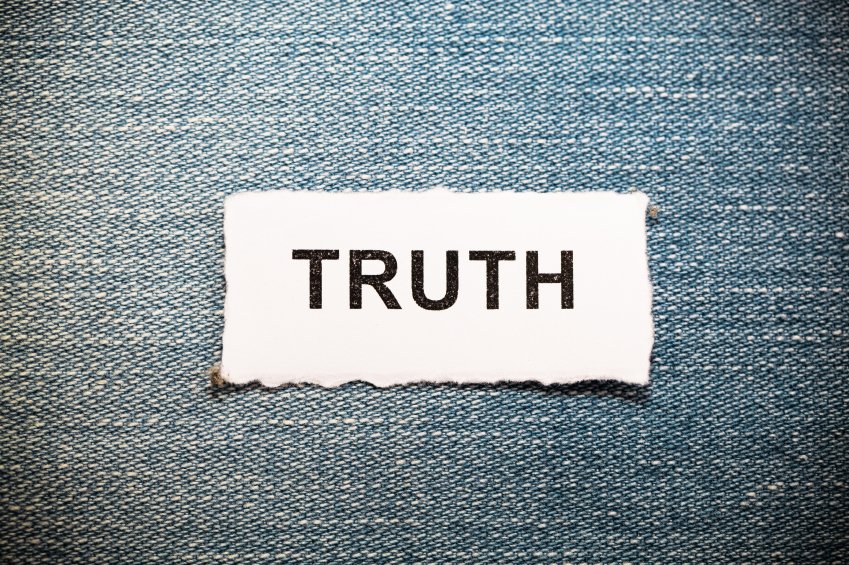First, let’s start by defining truth.
Typically, two definitions are offered to explain the same concept of truth. Webster defines truth as “fidelity to an original standard.” You and I can argue about which of our watches is correct. But to know for sure, we’d have to measure our watches against the international standard where all time is measured. Greenwich Mean Time (GMT) is world time and the basis of every world time zone. Whichever of our watches matches GMT is the correct time. Applying that same truth definition to moral truth, we assert that God is the absolute standard for all moral truth.
The second definition of truth is “that which corresponds to reality.” This is roughly the idea that a truth statement is true if it matches up with the way the real world actually is. A statement can be proven true if it matches with reality. When we apply this definition to moral truth, we assert that moral truth conforms to the reality that God has created.
Some people, however, say “There is no truth.” The problem with this phrase is that it’s self-contradictory. The sentence refutes itself through its very existence. The statement “there is no truth” is a truth claim about at least one thing—namely that “there is no truth.” Yet this statement contradicts itself by claiming that truth does not exist. “We cannot be sure about anything” is another sentence that refutes itself, as does “Never say the word ‘never.’” Thus, the most important question becomes not if we can know truth, but what is truth? God is not only our standard of moral truth, but he has gone to extraordinary lengths to form a relationship with us. And relationship is key in knowing and living the truth.
Question: What is your reaction to the statement “There is no truth”?



